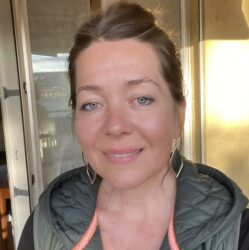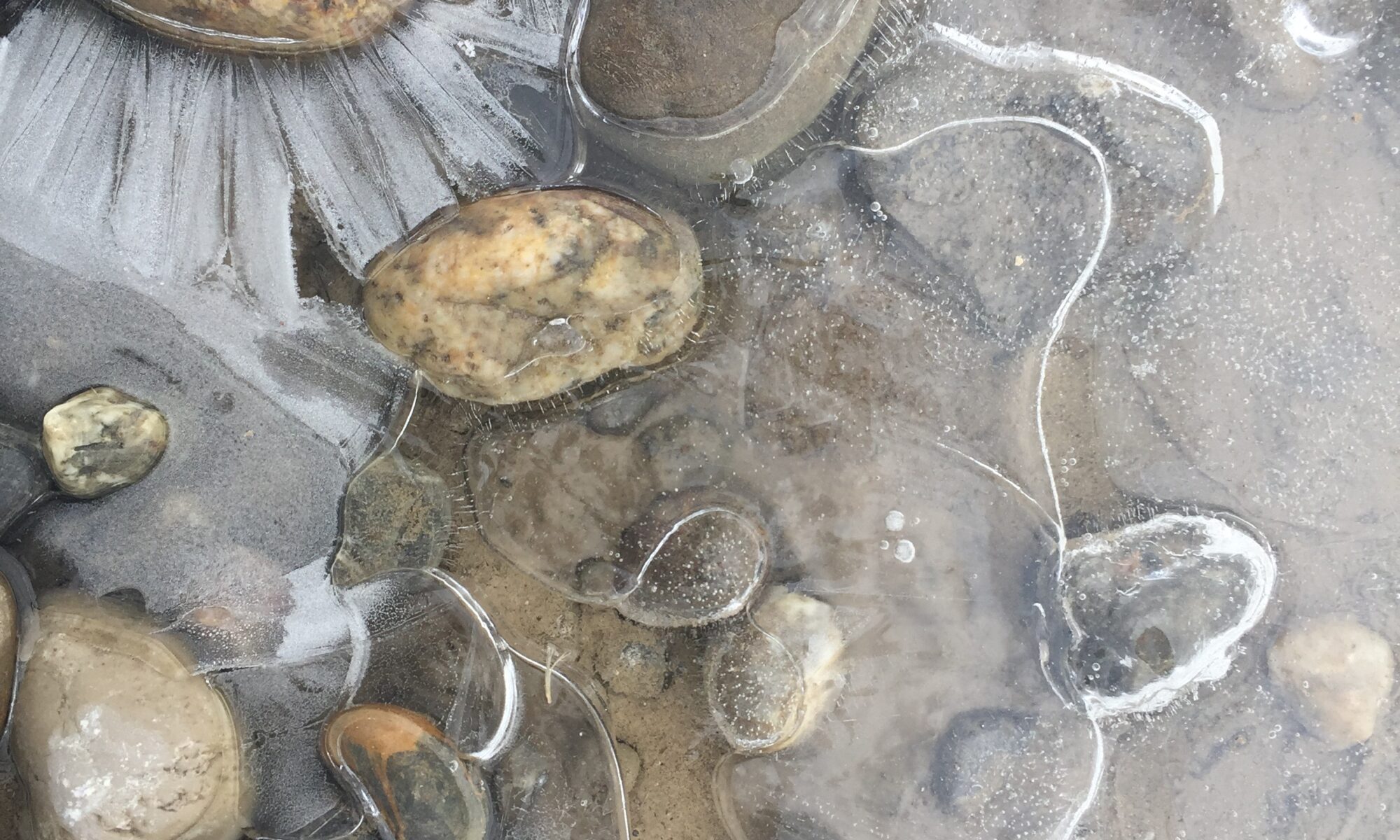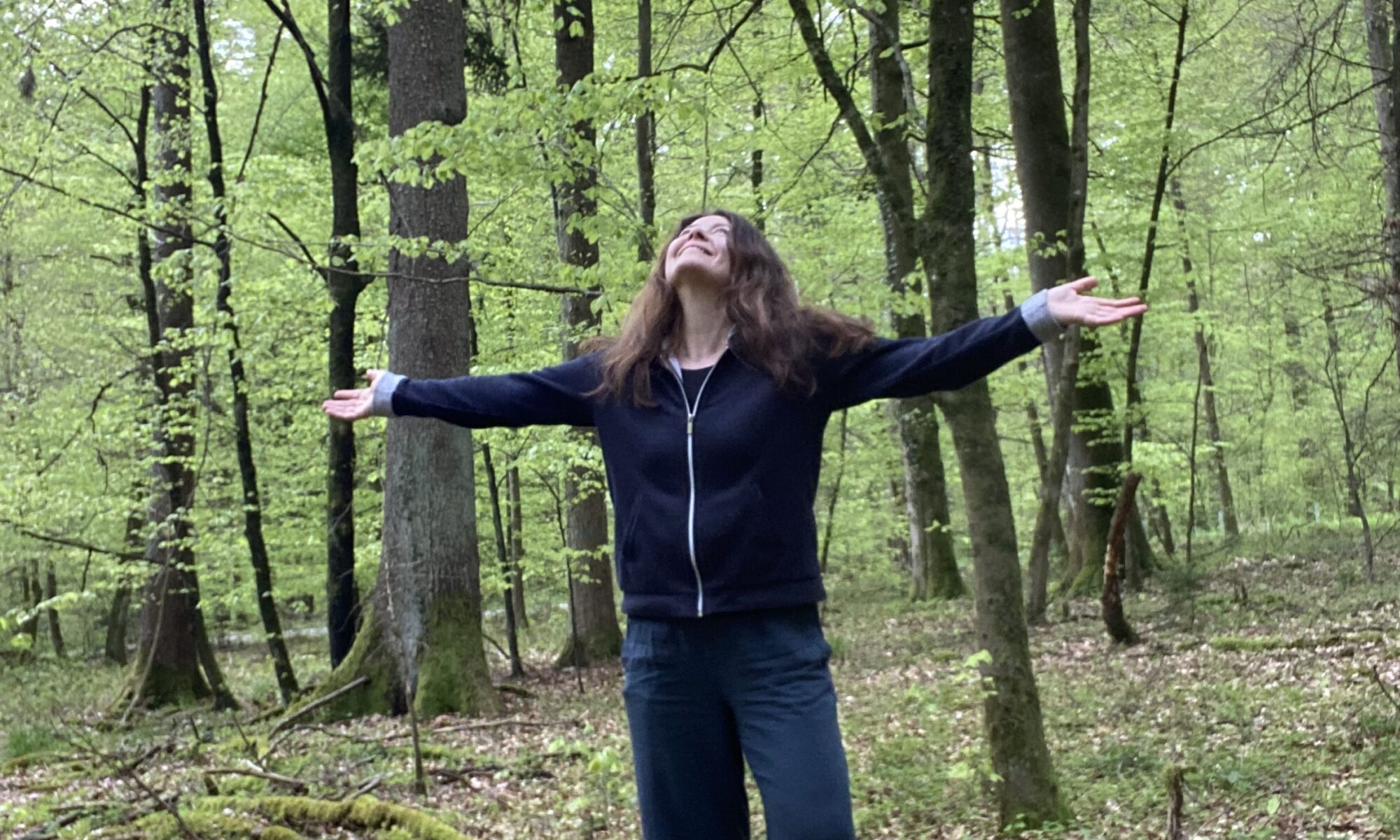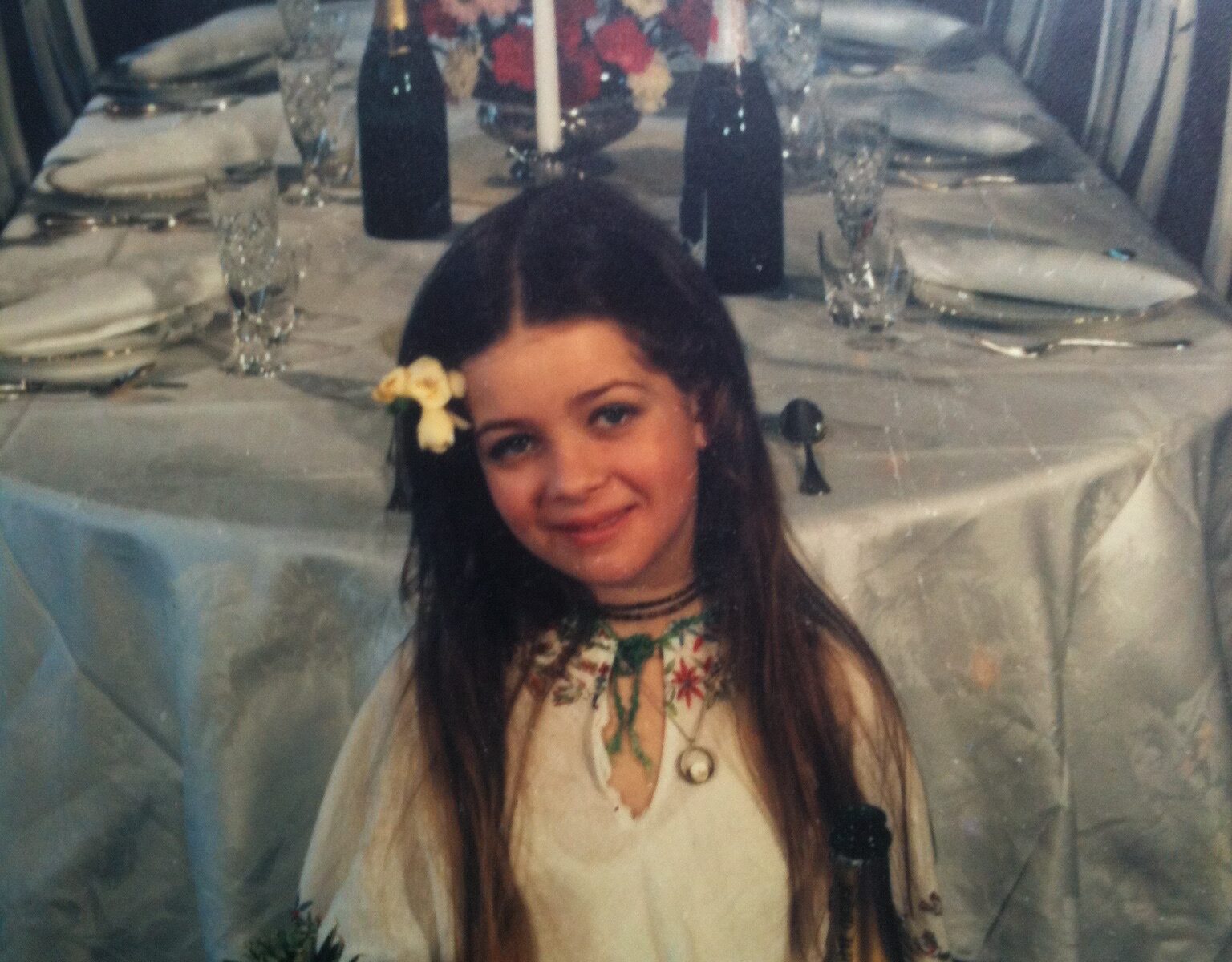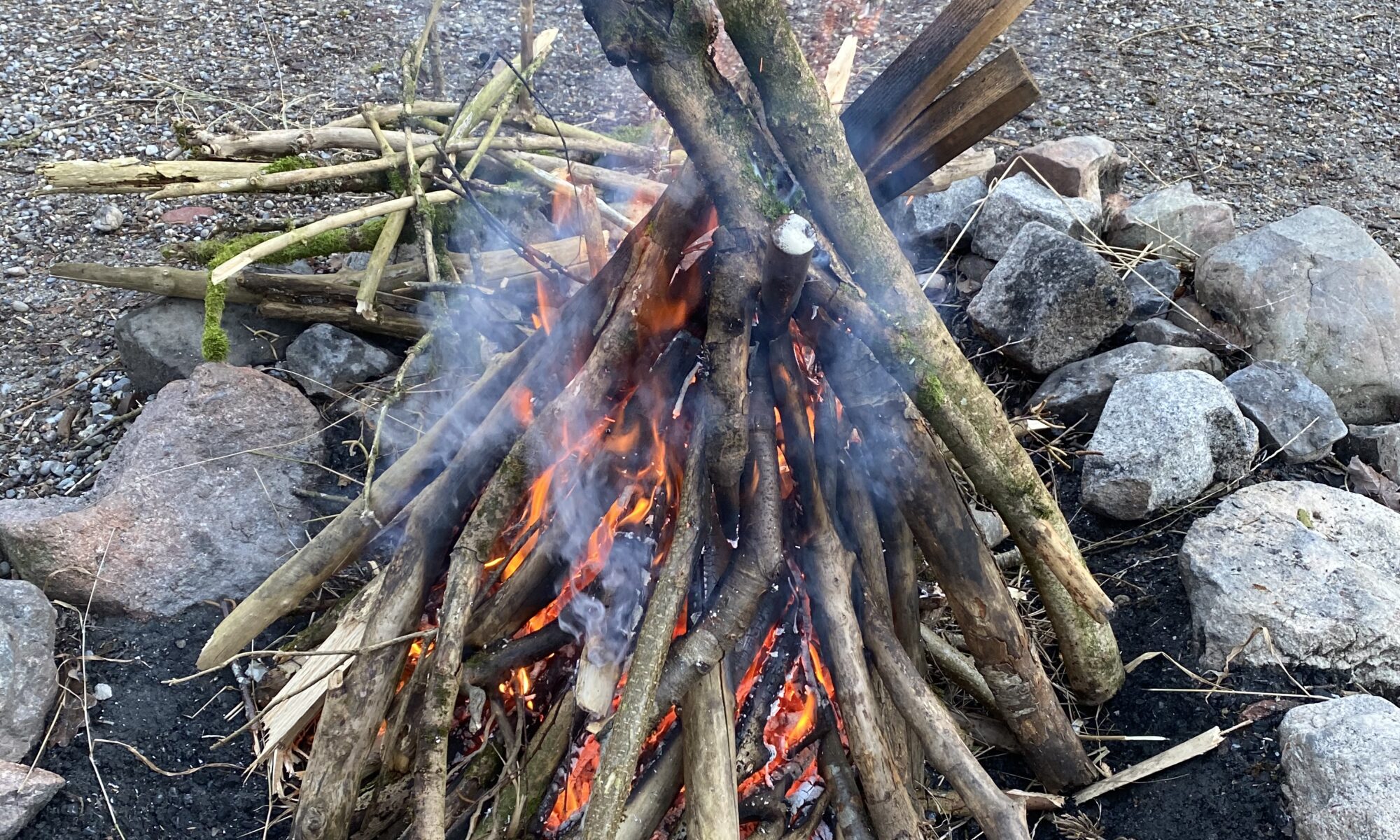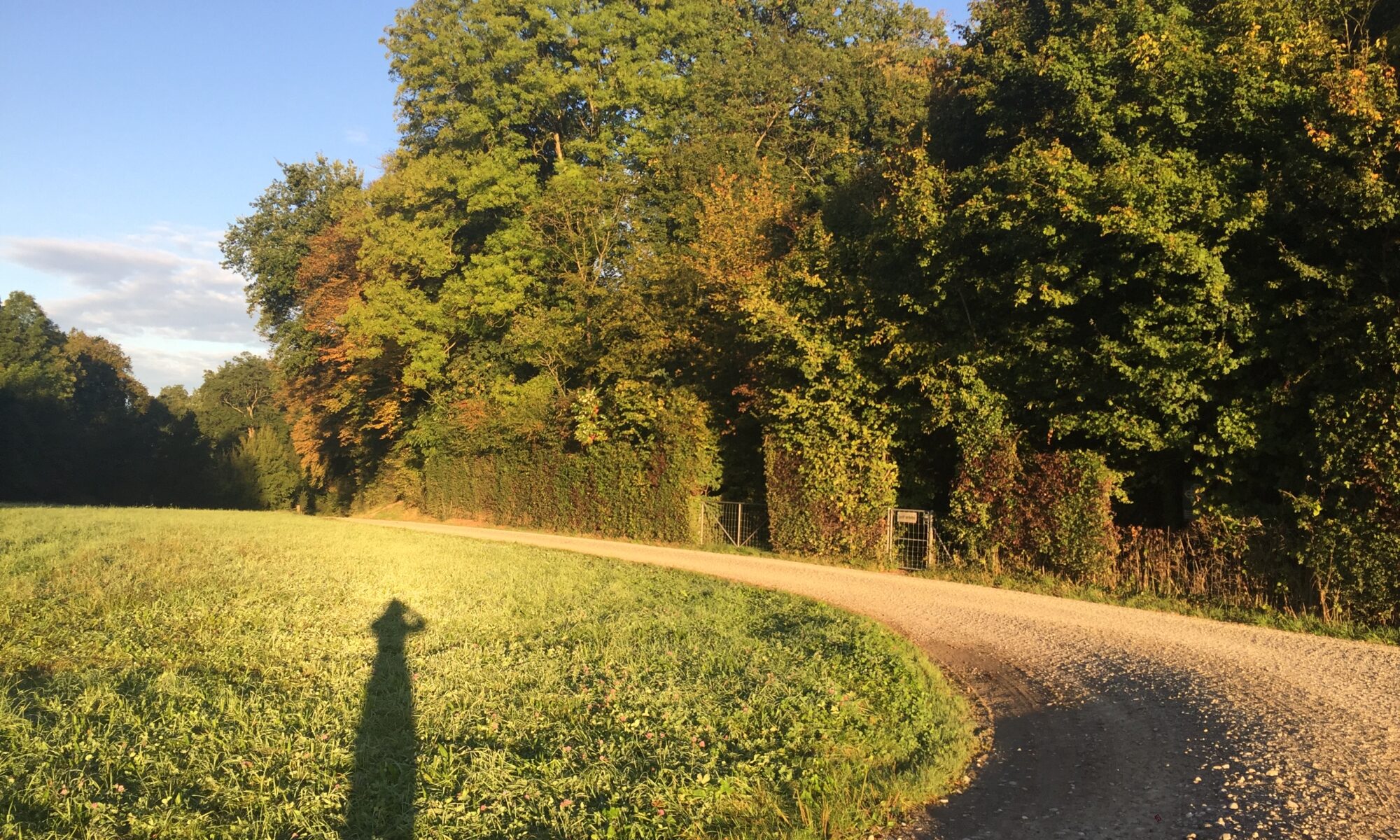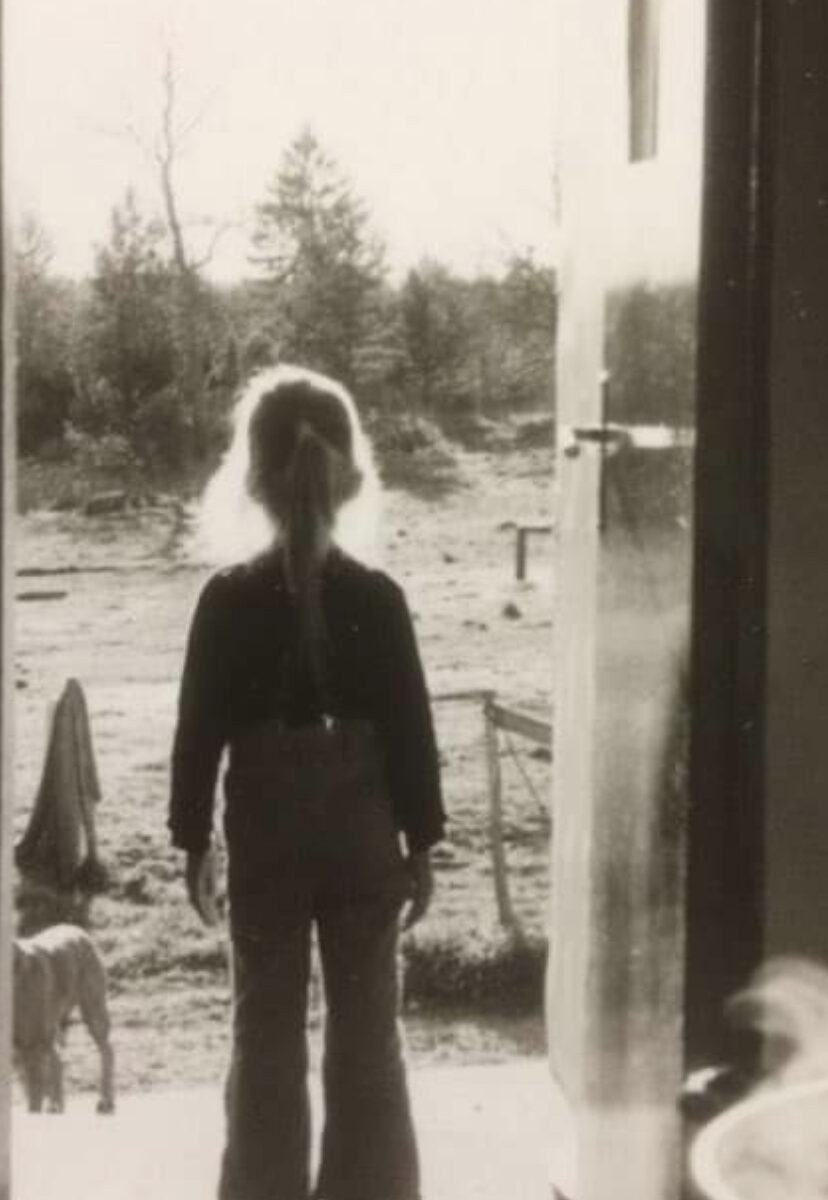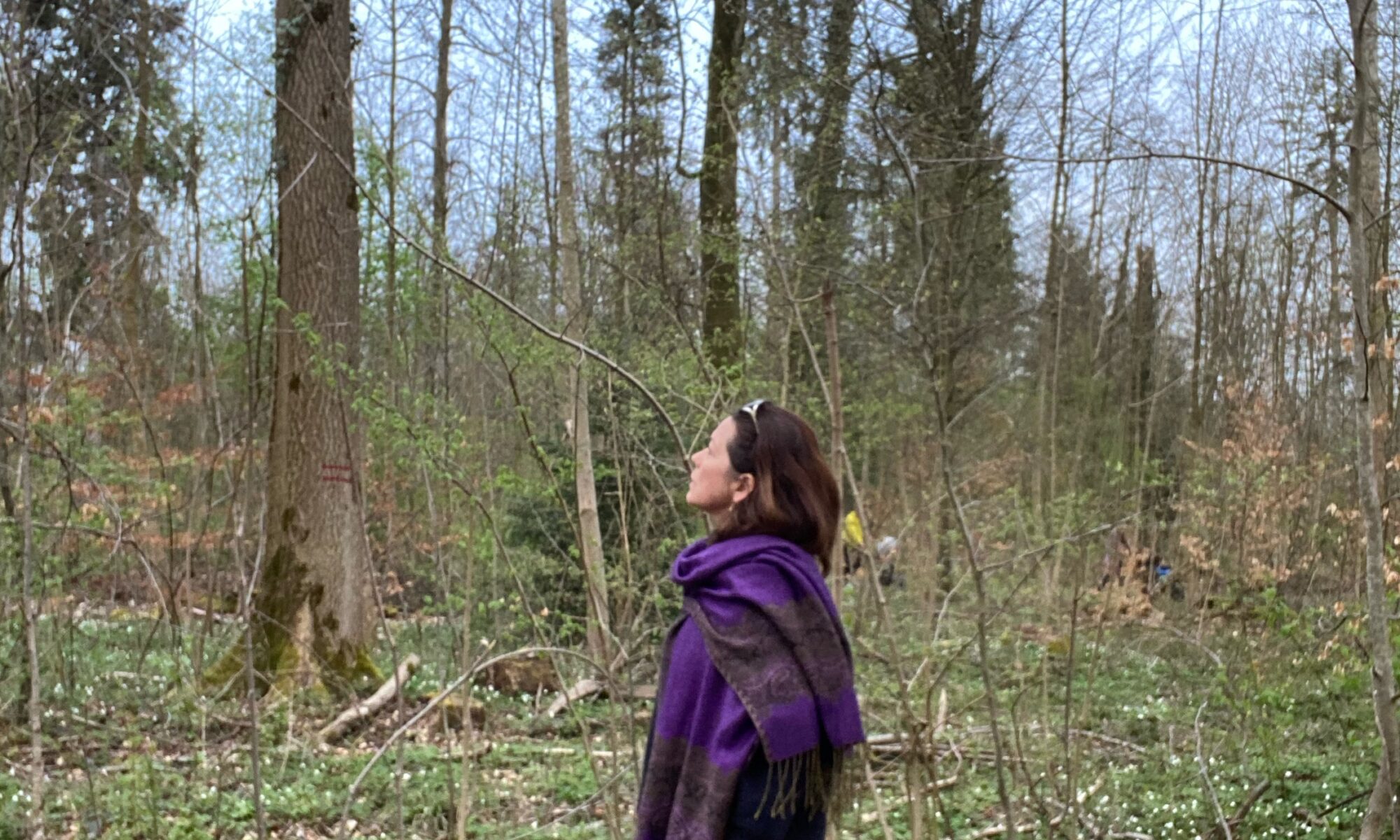“To change our behavior, we must change our feelings, and to change our feelings, we must change our thoughts.”
Dr. Edith Eva Eger
I recently listened to an interview with Dr. Edith Eva Eger, a Jewish woman who survived the Holocaust. Her story deeply moved me. What stood out the most was her unshakable resilience and the message she now shares with the world: that no matter what we’ve lived through, we are not broken. We can change our lives, starting with how we think.
This message is also at the heart of what Neville Goddard and Byron Katie teach: if we want to experience a new world, we must first look at the world through a new lens. We are not fixed identities, we are shaped by thoughts, habits, and beliefs. And we can change those.
“Each of us bears his own hell.” – Virgil
Of course, none of our personal stories can or should be compared to the unimaginable pain of something like the Holocaust. But I believe we each carry a story, a quiet suffering, a set of experiences that shaped our worldview and challenged our sense of safety, self-worth, and hope. Some call it trauma, others call it life. Regardless of the label, what unites us is how we choose to move forward.
🌿 Where It All Began
I grew up in a spiritual community, the Hare Krishna movement. From the outside, it may have looked peaceful, even idyllic. But within that world existed strict rules, spiritual ideals, and often a lack of space for personal needs or emotional support.
Especially for us children, it wasn’t always easy to express what we truly needed.
Life was structured and deeply hierarchical.
As girls, our voices didn’t carry much weight.
From a young age, I moved between temples and boarding schools, as attending public school wasn’t easy for a Hare Krishna child.
In some ways, I felt protected, spared from the pressures of mainstream school life. And I had a lot of fun with my friends, who shared my world and saw life the way I did.
But when it came to emotional support and personal needs, there was a void.
I learned early on that if I wanted to stay out of trouble, it was best to be the “good girl”, obedient, quiet, agreeable.
That way, I’d receive confirmation that I was doing everything right, meeting others expectations.
It was likely the moment I became a people pleaser, someone who learned to suppress her own needs in order to gain approval.
I began to confuse being loved with avoiding conflict and doing what was expected of me.
When I was ten, I returned home to Sweden after spending some time at a Krishna boarding school in France.
I was happy to be back, but I didn’t really know where I belonged.
They had just opened a Krishna school in Sweden, and I was the first child to attend.
Due to traditional Indian customs, there was a strict belief that a child in school should live with the teacher, outside the family home.
So even though I was back in Sweden, I didn’t live with my mother, I stayed at the school compound.
I often felt a bit lost.
My mother and her husband had, in their younger years, a somewhat turbulent relationship.
I often found myself wanting to help, but not knowing how.
It left me feeling helpless at times.
I had two younger siblings who looked up to me.
I played with them, cared for them, and very quickly learned to take responsibility for the well-being of others.
It became natural to me.
But perhaps more than any individual, it was the rigid way things were taught that planted in me a deep sense of guilt, and the feeling that I wasn’t good enough.
Along with that came the belief that others stood above me, and that I had no voice, nothing of value to say.
That left its mark.
Guilt and shame became emotions that followed me for years, shadows I had to work through later in life.
They serve no real purpose.
In truth, they are obstacles, standing in the way of both spiritual growth and a healthy, grounded life in the world.
💔 A Flame Dimmed by Silence
Not long after, something happened that would shape the way I related to love, shame, and fear for decades to come.
A young man from the temple began secretly grooming me.
It started innocently, small notes hidden in my shoes.
There was mystery in it, and attention. For me, it felt like affection, a space where I could breathe, where someone saw me and made me laugh.
In the midst of everyday turbulence, it brought a sense of excitement.
At the time, I didn’t have the words to explain what was happening.
Deep down, I understood it was forbidden to meet him in the forest, but that secretly only added to the thrill.
It was the first time I experienced the feeling of idolizing someone. And he knew exactly how to navigate that space.
Eventually, the adults found out.
But instead of protecting me or seeking to understand what had really happened, they made me feel like I was the problem.
Once again, I felt it, guilt and shame.
They began to guard me closely. There were even discussions about whether I should be married off to the man.
I was only eleven years old.
In the end, they decided to send me away, to France, for my own “protection.”
But no one sat down with me to say, You did nothing wrong.
No one told me, You are just a child. This is not your fault.
And yet, going to France turned out to be the best thing that could have happened.
Even though arriving there wasn’t easy either, because, of course, you can never truly run away from yourself.
The teachers scolded me for looking so downcast.
But what could I say?
So I stayed silent, and sank deeper into the shame of not being good enough,
ashamed that I had somehow failed to be the “good girl” I had once promised myself to be.
There and then, I made a vow to myself:
No matter what happens, I will never again do anything wrong.
I will stay conscious. I will not bring disharmony to anyone.
.That shame followed me for years, shaping how I saw myself and how I showed up in relationships. I became a people pleaser, afraid of taking up space, afraid of being “too much.” Guilt became a silent companion, whispering that I wasn’t lovable, that I was the problem.
🌱 The Choice to Heal
That feeling, that something was inherently wrong with me, along with guilt and shame, shaped many of the choices I made later in life. I got married young, after being told it would be safer for me. They said I was a danger to the men at the temple, especially after the incident with the young man who had fallen in love with me. I accepted it. I had learned that marrying young was normal, even wise, for my own protection. I told myself, Let me show I am sincere, that I don’t want to be a burden or a complication to anyone. Part of me was excited, it was a new beginning. But ultimately, it wasn’t a choice I made freely. I believed I was doing the right thing. I remained faithful for years, even when things no longer felt right. It was easier to stay, to avoid the discomfort of choices that might upset others or cause pain. Yet deep inside, I had already made a different decision. I had already outgrown that version of myself.
I know so many people—especially women—who stay in jobs, relationships, or belief systems out of the same kind of fear. And others who never make a choice at all, instead numbing that quiet knowing with something else: pills, alcohol, soap operas, living inside someone else’s story. It’s the fear of being selfish. The fear of starting over. The fear that it might get worse. The belief that we don’t deserve more.
But we do. We always have.
At some point, the flame that had dimmed inside me began to flicker again. I started asking different questions:
What if I’m not broken?
What if I don’t have to earn love?
What if I can choose my own path?
It wasn’t easy. Healing never is. But as I began to walk my path, I found comfort and clarity in voices like Byron Katie, who said:
“Nothing you believe is true. Knowing this is freedom.”
This reminded me to question my thoughts, to look closely at the fears I clung to. Were they really true? Or were they simply reflections of old wounds, filters shaped by my past, by the way I had learned to see the world? With time, I came to understand that the way we perceive things can be more limiting than reality itself.
And Dr. Eger again:
“In the end, it’s not about what happens to us that matters most, it’s what we choose to do with it.”
✨ What is Your Flame?
We all carry pain. But we also carry strength.
That strength lives in the decision to start again. It lives in the moment we decide to stop waiting for approval, and begin choosing ourselves. It’s the part of us that knows there’s more beyond the darkness. It’s the part that whispers, “Keep going.”
We don’t have to live the dream we were told to dream. We can live the one we create.
So I leave you with this: What is your inner flame? Where did you lose it? And how will you choose to keep it alive?

